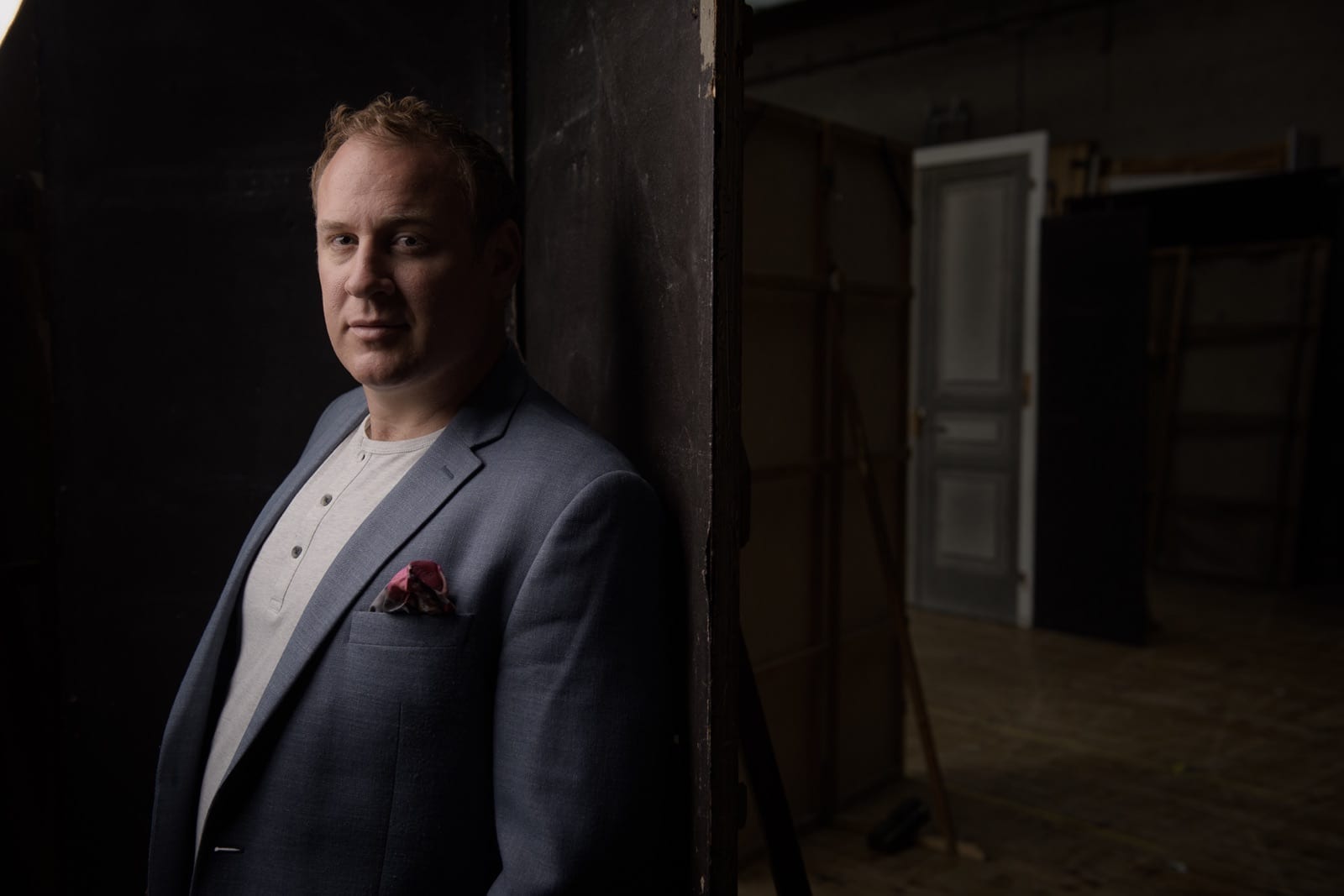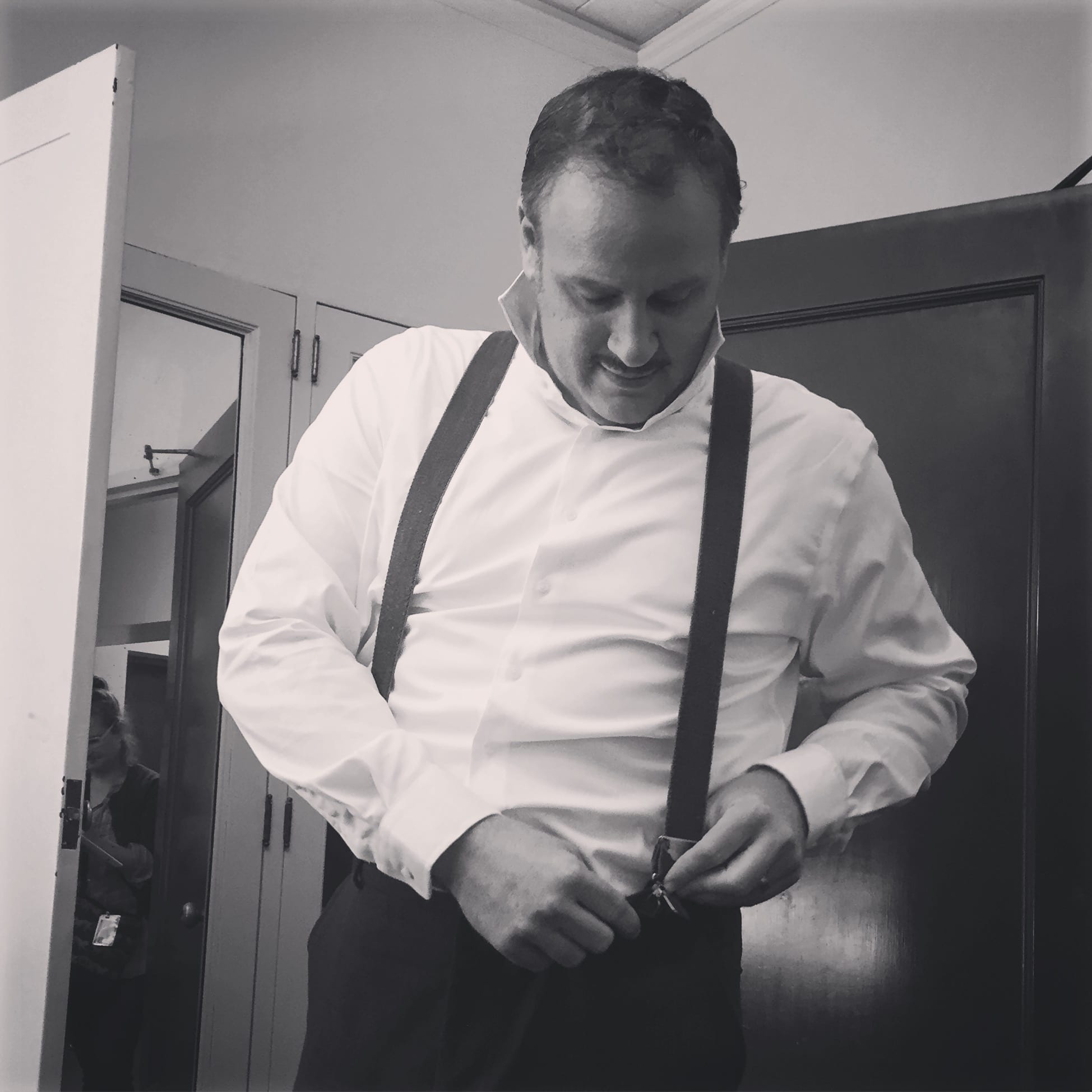
The more you advance in your singing career, the more and more competition seems to rise. The odds of you getting a gig become greater because you’re improving, but the differences between you and the next singer become more subtle. So how do you break the mold and stand out?
In a sea of singers, why does your audition get ignored?
I’ve talked about acting in an audition and I’ve given you my motivation tips for auditions but going against hundreds of other singers for the same spot can seem daunting.
You’re right to have this concern. But instead of allowing the stress of the situation to get the best of you, let it motivate you to better yourself as much as possible. Having this approach and molding your fears into determination could be the deciding factor for your next job.
So, here is how to stand out and not let your audition get ignored.
1. Your Voice (Duh!)
I’ve said this before, but there is no faster or better way to get a gig than with the quality of your singing. Invest in your voice and over time, your auditions will stand out for the best reason. Nothing can replace this.
Depending on what you’re auditioning for, the expectations of your singing changes. For college auditions, they’ll be looking for your potential. For grad school, a faculty wants to know you are more than just raw talent and that you can sing in their upcoming productions. For YAPs, it’s about extreme potential and filling the roles that need to be covered, singing the small parts, performing outreach and representing the company in the community. For agents, they want to know if you’re good enough to make them money.
It’s all a business relationship. It’s tough and it sucks but you will find your place. The most efficient way to stand out, though, is through your singing so make that your first priority.
2. Use Your Strengths to your Advantage and Camouflage your Weaknesses
We’re talking auditions here and not your day-to-day development. Definitely work on your weaknesses outside the audition room but when you arrive for your audition, lead with your strengths, whatever they may be. If it’s your high notes, start with “Ah! mes amis.” If it’s your experience and connections, list each of your previous jobs clearly on your resume. If it’s your coloratura, sing some Rossini or Handel. If it’s your looks, show them off.
So, don’t start with an aria showcasing your high notes if you’re still figuring those out. Don’t offer an aria in German if you don’t have the language down yet. Don’t wear clothes that don’t fit well, or be underdressed.
Put yourself in the shoes of someone casting you. What do they need? What do YOU have to offer? What can you give them that no one else can?
Do your research and look at what kind of artists they hire and keep an eye out for any trends. Learn from them, then talk with coaches and teachers, find out your strengths, and highlight those in your audition.
3. Connections
This may be a deciding factor when it comes down to you versus another singer. Does the panel know you or know about you? Does your voice teacher or coach know someone on the panel? That familiarity of recognizing a name or having a solid recommendation is less risky than hiring someone who’s got a question mark by their name.
It shows that you’re involved in the business and that you work hard to put yourself out there. Even if they haven’t met you, that direct line of correlation will serve you well. If you’re a great colleague, then the more people that know that, the better.
If you’re in the middle of nowhere and it’s hard to make connections, that’s ok. Try to be the best wherever you are and hope that word spreads. Your time there will still help you later on when you begin to expose yourself to the opera world because the opera world is very small.
Quick tip: Don’t acknowledge the people in the panel that you know in an audition. This may come off cocky to the rest of the panel. Write them an email before or after the audition.
4. Dress to the Nines
I’ve said it before but making a good first impression in our visually-based world is applicable to any industry. You dress professionally when you go into an interview, so it’s the same thing for an audition.
The panel wants to know if they can present you to their donors at an after-party or that you can arrive at their local schools and represent their company well. They want someone polished who can deliver an all-around performance. Dress appropriately for your age and size. Men, get a tailored suit for auditions. Especially if there has been any recent weight loss or gain. Think GQ.

It doesn’t matter what you personally prefer. If I could, I would wear sweats or jorts all the time (which I call my “bumming-around-clothes”) but I can’t. I’ve had to make that investment in my wardrobe, even when I couldn’t afford it (I once stole a suit because I was so poor, but that’s another story—DO NOT DO THIS!).
It’s true that a man in a suit gets treated differently in rehearsals than a man wearing an awesome, perfectly fitting Jägermeister t-shirt he found in a thrift store in New Haven, Connecticut. It’s just part of the job. Treat it like a uniform.
5. Your Acting
This is important but there is too much to cover in this post so head to this one.
6. The “IT” Factor
Fearlessness is the key to virtuosity and an inspiring performance.
When we see someone courageous in the face of danger (or a high A), it’s exciting. Being brave gives the audience a sense of comfort and thrill at the same time.
If this is hard for you, think of yourself in a character. All the way from when you enter the building of your audition, not just the audition room, you are no longer Lucas Meachem. You are Sasha Fierce.
Opera-speaking, Don Giovanni, Romeo, Rosina, or The Queen of the Night or someone that inspires you with their confidence. While being kind to people, of course—not going to the extreme or anything!
This sense of conviction and determination is addicting to watch and can help you stand out in an audition. It’s hard to explain and even to pinpoint exactly, but the “IT” factor is real.
When the time comes, don’t sweat the small things. It’s about whether or not you’re ready for that particular opportunity, not your worth as an artist. The competition never stops but know that your self-improvement doesn’t either, so keep at it!
What do you think? Did you find this article interesting, entertaining, or helpful? Feel free to chime in with a comment below.
Lucas, you totally amaze and impress me, not only as a singer, but as a person of great intelligence, charisma and
benevolence. I’m not a singer, but work with them and appreciate the value of your blogs. You are an Übermensch!
That is so kind! Danke!
Great post! Thanks for sharing
Dear Mr. Meacham,
First, thank you so much for sharing all these wonderful and helpful tips for us, singers around the world!! For me, especially, this post arrived at a perfect time, since I am in the middle of a competition.
I was wondering if you could write also about how to deal or cope with memory slips during a performance. Unfortunately, that happened to me just yesterday and didn’t know how to deal with it. I would appreciate that very much!
Again, thank you for being so open and sharing all your experiences with the singers community!
Greetings from Peru!